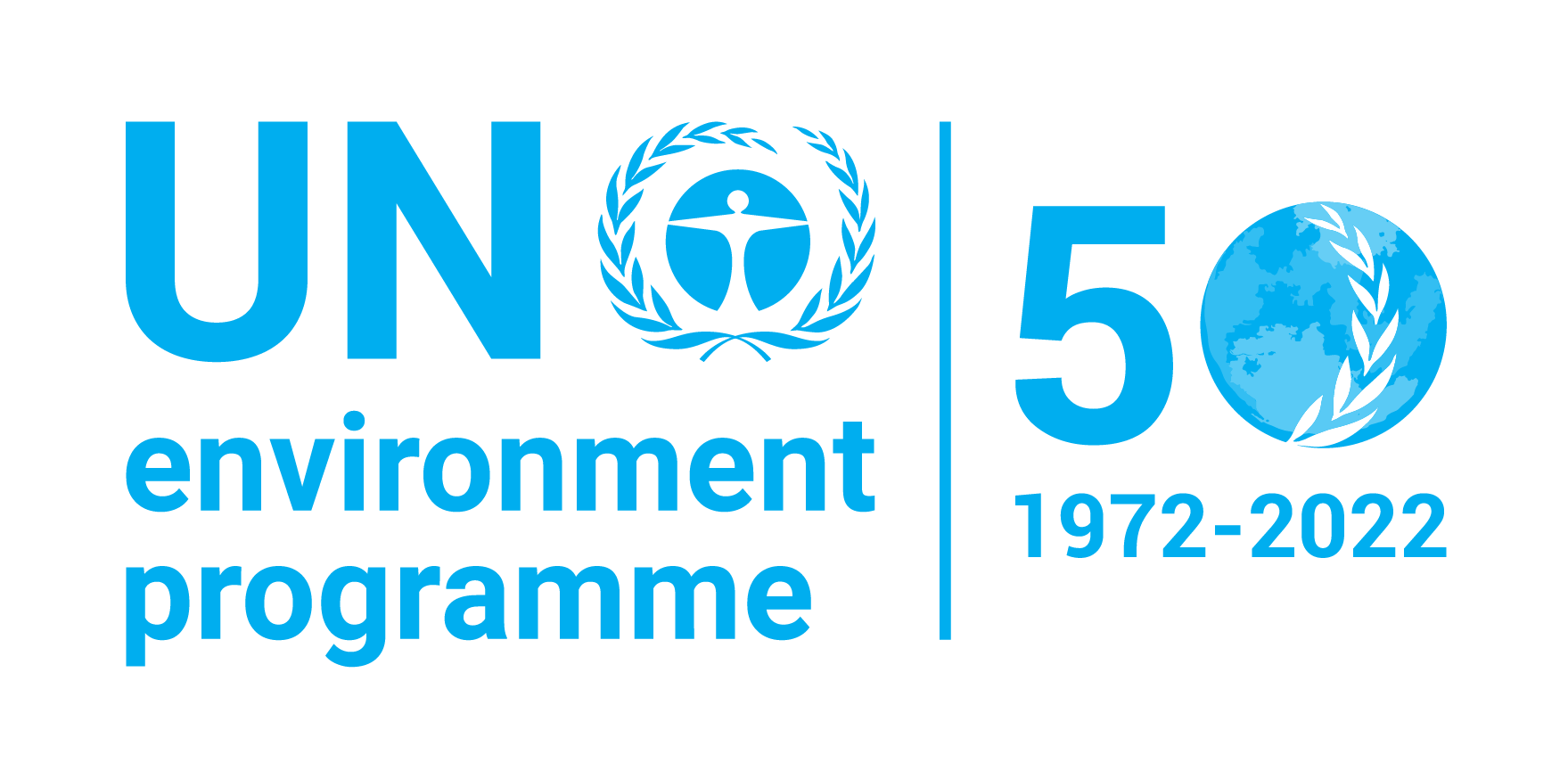| dc.contributor | Economy Division | en_US |
| dc.contributor.author | United Nations Environment Programme | en_US |
| dc.coverage.spatial | Global | en_US |
| dc.date.accessioned | 2020-08-28T08:11:04Z | |
| dc.date.available | 2020-08-28T08:11:04Z | |
| dc.date.issued | 2019 | |
| dc.identifier.uri | http://hdl.handle.net/20.500.11822/33580 | |
| dc.description | Despite the potential for fiscal instruments to reduce pollution and associated health impacts, there remains a knowledge gap on how to optimize the use of such instruments based on country experiences and available data. In this context, the objective of this study is to explore the use of fiscal instruments, such as taxes and subsidies, to reduce pollution and associated health impacts, highlighting instances of good practice in the use of such instruments and setting out some of the challenges in their application. The study considers different types of pollution and draws on insights from experiences in both developed and developing countries to provide practical guidelines for the use of fiscal instruments to reduce pollution and associated health impacts in support of the delivery of the SDGs. | en_US |
| dc.format | Text | en_US |
| dc.language | English | en_US |
| dc.rights | Public | en_US |
| dc.subject | POLLUTION | en_US |
| dc.subject | HEALTH POLICY | en_US |
| dc.subject | FISCAL POLICY | en_US |
| dc.subject | HEALTH INFORMATION | en_US |
| dc.subject | SUSTAINABLE DEVELOPMENT | en_US |
| dc.subject | ENVIRONMENTAL HEALTH | en_US |
| dc.subject | ECONOMIC CONDITIONS | en_US |
| dc.subject | TAXATION | en_US |
| dc.title | Reducing Pollution and Health Impacts through Fiscal Policies: A Selection of Good Practices | en_US |
| dc.type | Reports and Books | en_US |
| wd.identifier.sdg | SDG 3 - Good Health and Well-being | en_US |
| wd.tags | Health | en_US |
| wd.tags | Pollution | en_US |
| wd.tags | Sustainable Development | en_US |
| wd.topics | Chemicals & waste | en_US |
| wd.topics | Sustainable Development Goals | en_US |
| wd.identifier.pagesnumber | 56 p. | en_US |


